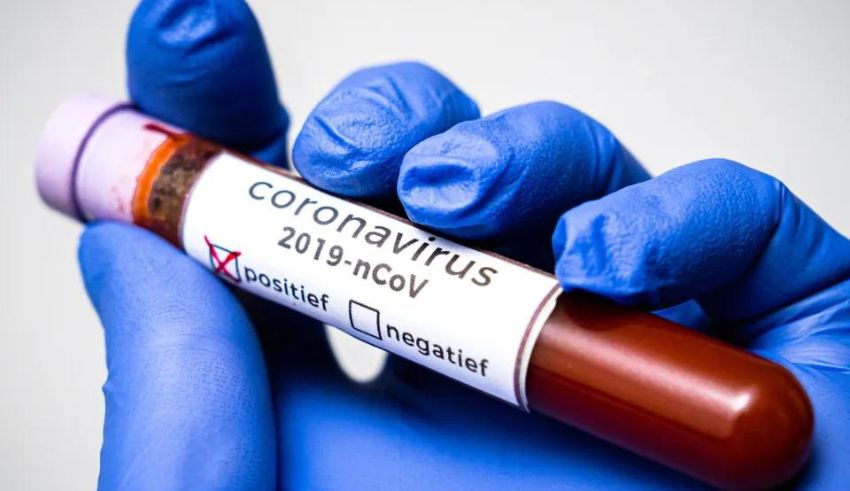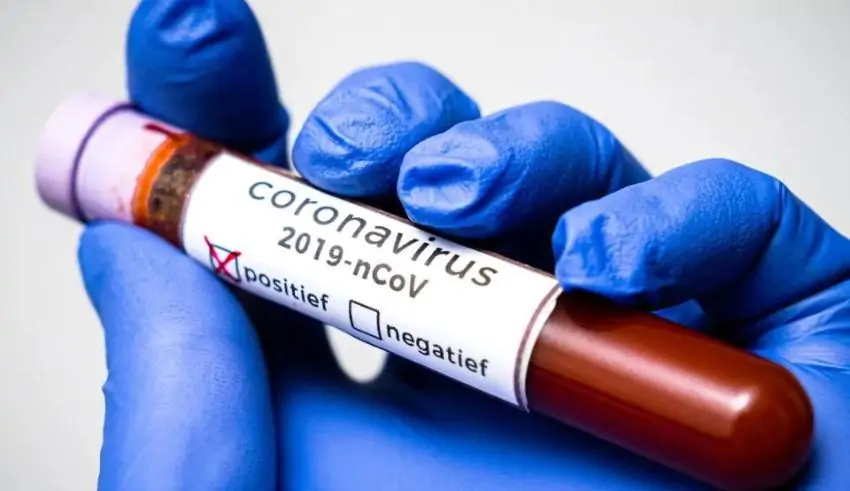

(C) The US Sun
Singapore and Indonesia are facing a surge in Covid-19 cases, prompting some experts and officials to call for the return of masks, airport scanners and other preventive measures.
Singapore reported 1,650 new infections on Wednesday, the highest daily tally since the pandemic began. The city state has been easing restrictions since October, when it shifted to a strategy of living with the virus and relying on high vaccination rates.
However, some health experts have warned that the current surge could overwhelm the health system and lead to more deaths. They have urged the government to reimpose mask mandates, limit social gatherings and increase testing and tracing.
“The situation is very worrying. We are seeing a sharp increase in cases, especially among the elderly and those with underlying conditions,” said Dr Leong Hoe Nam, an infectious diseases specialist at Mount Elizabeth Novena Hospital. “We need to act fast and decisively to prevent a catastrophe.”
Indonesia, meanwhile, has seen a spike in cases after months of decline. The country recorded 40,068 new infections on Wednesday, the highest since July. The increase has been attributed to the emergence of the Omicron variant, which has been detected in at least 13 provinces.
The Indonesian government has announced new measures to curb the spread of the virus, including banning entry for travellers from 20 countries, requiring negative PCR tests for domestic flights and reinstating airport scanners to check body temperatures.
“We are taking these steps to protect our people and prevent a new wave of infections,” said Health Minister Budi Gunadi Sadikin. “We are also ramping up our vaccination program and preparing our health facilities for any possible scenario.”
Both Singapore and Indonesia have vaccinated more than 80 per cent of their eligible populations, but they face challenges in reaching the remaining unvaccinated groups and boosting immunity with booster shots.
The World Health Organization (WHO) has urged countries in Southeast Asia to remain vigilant and adopt a comprehensive approach to fight the pandemic, including strengthening public health measures, enhancing genomic surveillance and ensuring equitable access to vaccines and treatments.
“Omicron poses a serious threat to the region, especially as we enter the holiday season and people travel and socialize more,” said Dr Poonam Khetrapal Singh, the WHO regional director for Southeast Asia. “We must not let our guard down and continue to follow the proven public health and social measures that can save lives and livelihoods.”
The European Union and Singapore agreed to a transformative Digital Trade Agreement which serves to deepen their economic relations through…
If you are planning to fly via Malaysian Airlines or booked any of your travel through India or any of…
Music is a strongest medium to connect ourselves with the soul and any individual around the world because the emotion…
During the speech at the Financing Asia's Transition Conference the minister of environment in Malaysia called on ASEAN nations to…
The 61st Baeksang Arts Awards ceremony took place on 5 May 2025 at Seoul in South Korea and this glittering…
The fifth prisoner exchange took place on 6 May 2025 between Russia and Ukraine involving 205 prisoners and it is…
This website uses cookies.
Read More